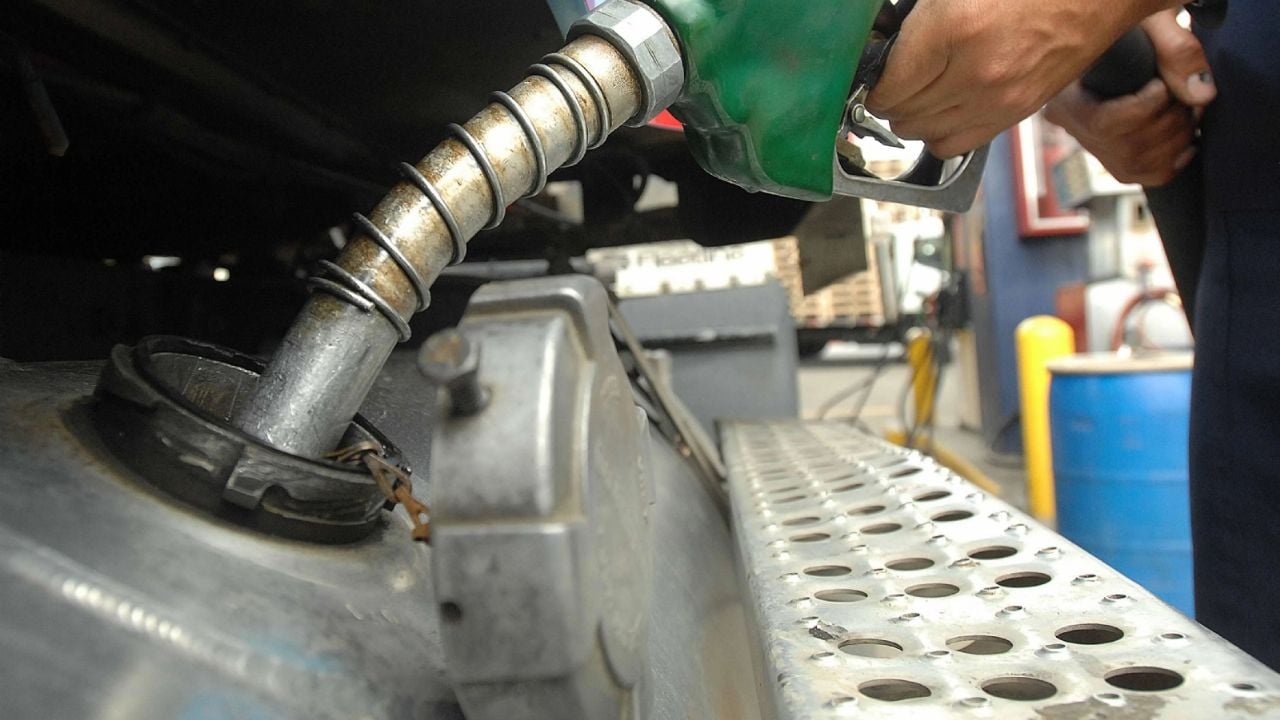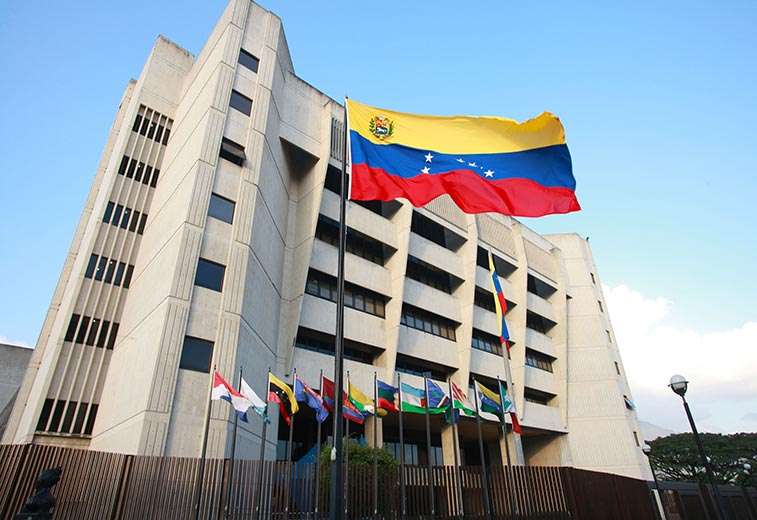The recent rise in prices of fuels In September, the price of gas has generated great concern among Argentine motorists. With increases ranging from 3% to 7% depending on the region and the type of fuel, filling up a vehicle’s tank has become a significantly more expensive task.
On September 1, the prices of fuels experienced a new increase. This increase is due to several factors, including the monthly devaluation of the peso against the dollar and the update of the tax on liquid fuels (ICL), which had been frozen for almost four years.
As a result, fuel prices have risen by 85% so far this year. In the Autonomous City of Buenos Aires (CABA), YPF super gasoline, which is the most sold fuel, went from $992 to $1,059 per liter, which represents an increase of 6.75%.
Premium gasoline, for its part, rose from $1,226 to $1,309 per liter, while diesel increased from $1,032 to $1,084 per liter. These increases not only affect motorists, but also have an impact on the cost of goods that require transportation, such as food.

To help drivers understand how much it will cost to fill up their vehicles’ tanks after these increases, Infobae has developed a calculator that allows drivers to find out the cost of a partial or full tank load depending on the type of gasoline or diesel the vehicle consumes.
Below are some examples of how costs would be affected for different car models. Fiat Cronos: This is the best-selling car in Argentina and has a 45-liter tank. Filling the tank with super gasoline now costs $47,655, while with premium gasoline the cost rises to $58,905.

More examples
Peugeot 208: With a 50-litre tank, filling this vehicle with super petrol costs $52,950 and with premium petrol $65,450. Toyota Etios: This model has a 45-litre tank. Filling it with super petrol costs $47,655 and with premium petrol $58,905.
The increase in prices of fuels has a direct impact on the pocketbooks of motorists. For those who rely on their vehicles for daily work, these increases represent a significant additional expense. In addition, the increase in transportation costs can also translate into higher prices for other goods and services, affecting the economy as a whole.


















